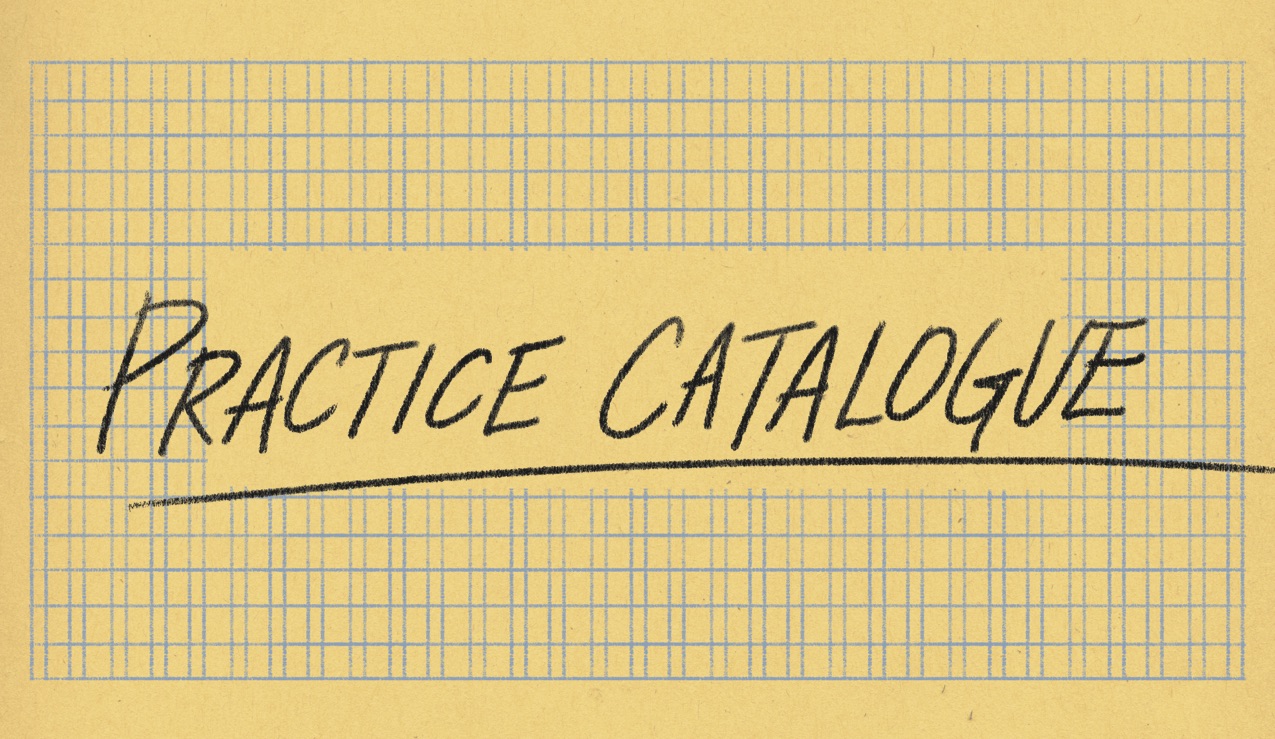On Quotation
What is a quote? A quote (cognate with quota) is a cut, a section, a slice of someone else’s orange. You suck the slice, toss the rind, skate away. Part of what you enjoy in a documentary technique is the sense of banditry. To loot someone else’s life or sentences and make off with a point of view, which is called “objective” because you can make anything into an object by treating it this way, is exciting and dangerous.
[Anne Carson, Decreation]
But even when not representing alters [alternate personalities], who are in a way the unconscious’ quotations, Sizemore [who has Multiple Personality Disorder] writes her life as a series of quotes. Rather than saying what she thinks, she cites herself having said the thought at another time. Or instead of incorporating into her narrative some else’s comments about her, she puts their sometimes innocuous remarks in quotes. The curved marks of punctuation distance the reader from her words and set off the ideas as if they had arrived from far away. The effect is to make the unified self Sizemore so urgently wants recognition for a fabrication of fragments and statements, an aggregate of impressions rather than a seamless unity. It may not be the result she desires, but it is a better reflection of the problems of the constructed self and of representing that self. Overall, the use of quotation marks, attests to her desire for authenticity. In this regard the book’s ultimate sentence is striking––again in someone else’s words: “Chris Sizemore is real.”
[Lynne Tillman, “The Autobiography of Eve”]
